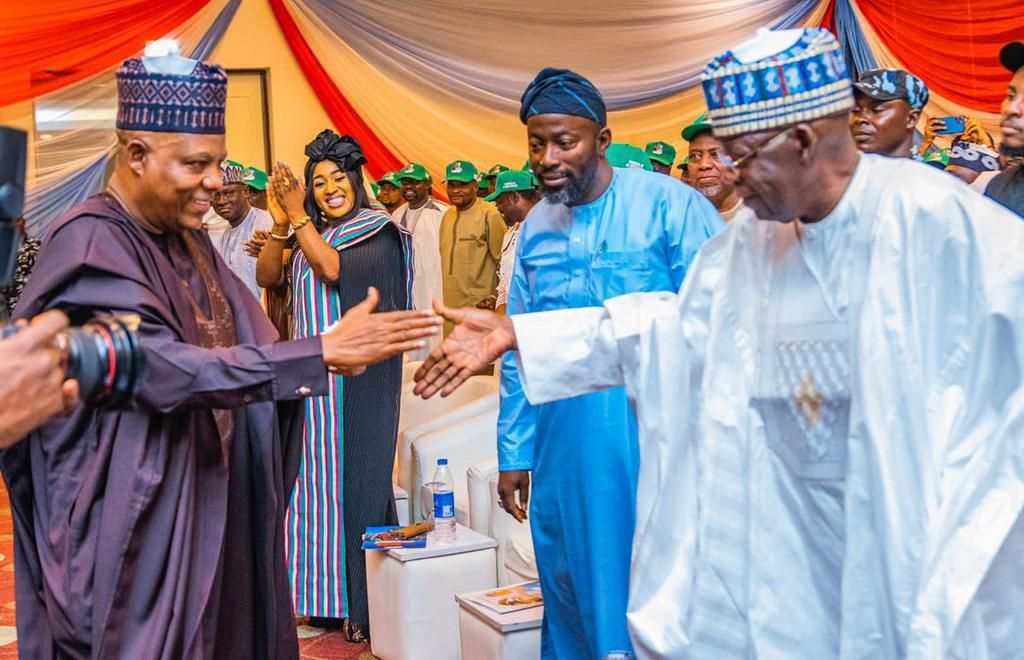
The apex Islamic authority in Nigeria, the Nigerian Supreme Council for Islamic Affairs (NSCIA), has complained bitterly about the government of President Bola Tinubu and his vice, Kashim Shettima.
The body expressed disappointment over the Muslim-Muslim ticket that brought the duo into office in the 2023 general elections.
The SCSN President, Sheikh Abdurrasheed Hadiyyatullah, made these known during a pre-Ramadan lecture held in Kaduna on Tuesday, February 25, 2025.
Contrary to the widespread belief that it would favour them, Hadiyyatullah lamented that Muslim communities, particularly in the South-West, have not benefited from having Muslim faithful occupying the highest offices in the country.
He claimed that millions of Muslims remain politically marginalised across the country, especially in Yorubaland, where the ticket enjoyed overwhelming support.
“We have seen Nigerians vote for leaders of the same Islamic faith into the presidency without turning the country into a perpetual battlefield. However, we have not seen justice and equity extended to all communities, regardless of their faith,” the SCSN President said.
“We stand in solidarity with our brothers and sisters in the South-West and advise those who seek to divide the Nigerian Muslim Ummah to find other pursuits. The Ummah looks to us for guidance and assurance that their faith will not be sacrificed on the altar of political opportunism and greed. Many Muslims feel betrayed for voting this administration into power.
“For over two decades, the council has played a pivotal role in addressing insecurity and ethno-religious crises in Nigeria. In the past year, we have engaged with major security stakeholders, including the intelligence community and other strategic actors. These developments demand urgent and decisive action from the government,” he stated.
Sharia Council laments hardship
He also expressed concern about the country's worsening socio-economic condition, which he described as “increasingly unbearable.”
The SCSN president noted that the adverse effects of removing petrol subsidies, among other policies, have ballooned the costs of living, making food, transportation, and essential goods unaffordable for many Nigerians.
“The depreciation of the naira, high inflation, and stagnant wages have further eroded the purchasing power of citizens. The council has consistently advised the administration to adopt policies that alleviate these hardships.
“However, it is alarming that, within a short period, the government has introduced multiple new taxes and tariffs, including a 50% increase in telecommunications tariffs, a 4% FOB charge on imports, a 15% NPA tariff, a 100% hike in ATM charges, and proposed electricity tariff increases.”
Hadiyyatullah reaffirmed the council's commitment to advocating for relief from the brutal effects of those policies and protecting the interests of the poor and vulnerable.
Tinubu, a Southern Muslim, ran a Muslim-Muslim ticket in the 2023 presidential election, choosing a fellow Muslim from the North as his running mate.
Many Nigerians, including elements of the ruling party, were outraged by the decision, which led to rejection and defections before the election.